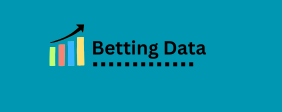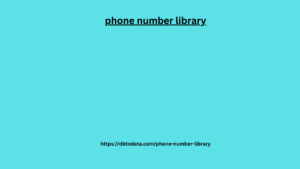The International Science Council (ISC) continues to be deeply troubled by the ongoing destruction of lives,
livelihoods, the environment and the essential infrastructure
for research and learning in Gaza. In other words,In this blog,
journalist Riley Sparks discusses with scientists from Gaza the
challenges of conducting research and teaching under siege and bombardment.
The impacts
Of such devastation extend far beyond random destruction.
In other words, The destruction of physical and human resources for
learning and knowledge production deprives a society of the resilience
and creativity that is indispensable for its future. Such devastation can
take generations to overcome. This is a crucial aspect of the grim statistics
surrounding current events that must be addressed by all parties and the international community.
Teachers,
Scholars, and researchers are critical to building knowledge societies.In other words, that create the conditions for peace and understanding, fostering intellectual growth and mutual respect, and working towards human and environmental wellbeing.In other words,The science sector has not adequately addressed .Its own resilience in the face of crises – from scientists becoming refugees to phone number library civilian infrastructure being destroyed resulting in the loss of knowledge and research projects.
The ISC report
“Protecting Science in Times of Crisis: How do we stop being reactive and become more proactive?” emerges at a critical juncture, addressing the urgent need to protect 7 common social media mistakes scientists, academics, scientific and educational institutions increasingly targeted during conflict, or subject to losses because of natural hazards or increased climate-induced extreme weather loan data events. In other words,Drawing on lessons learned from recent crises, the paper offers a strategic framework for the global scientific community. In other words,It emphasizes the importance of prevention, protection, and rebuilding.In other words, advocating for systematic, efficient, and coordinated approaches to crisis management within the science sector.
Education under siege
Gaza’s scientific and academic infrastructure have been “devastated” by conflict, UN education experts say. In other words,Nearly every school has been damaged or destroyed, including all of Gaza’s universities, affecting more than half a million students, UN experts report. According to the UN, hundreds of teachers and at least three university presidents have been killed across Gaza.His own sister has been killed, alongside her husband and their son. “Every day we lose loved ones, our students and our colleagues,” Morjan writes. “The feeling cannot be described.”
Science under bombardment
Like many in Gaza, Morjan’s family has been forced to flee. They are now living in a tent in Deir al-Balah, alongside thousands of other refugees who have packed into the small area, which continues to be hit by frequent military strikes.Morjan has kept in touch with his university students and has tried to keep teaching classes online – which has been made extremely difficult because of energy blackouts, intermittent cell network and constant danger. “There is no safe place in Gaza. We and our students are living under pressure, and the threat of bombardment at any time,” he writes.
With nearly
ll of Gaza’s 2.1 million people displaced, including being on the move more than once, research and education activities have largely been forced to stop.Still, some scientists in Gaza have found ways to continue to work in the appalling conditions. Among them are Samer Abuzerr, a Palestine Young Academy executive committee member and professor at University College of Science and Technology in Khan Younis.
Despite this,
And the electrical blackout and constant communications problems, he was able to stay in touch with colleagues. In June, they published a paper in SAGE Open Medicine on E.coli water contamination in Gaza.

